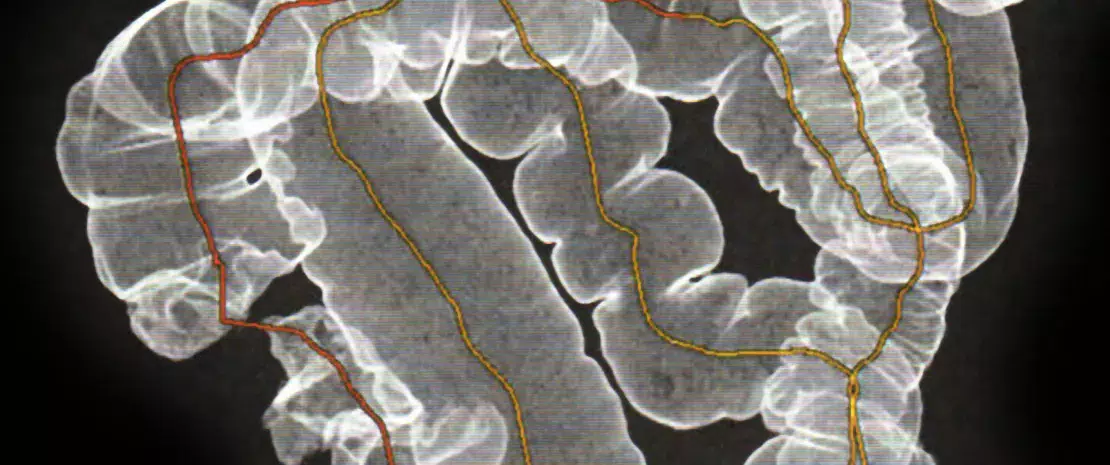Colorectal cancer: a bacterium is a key player in chemoresistance
According to a Chinese study, the presence of Fusobacterium nucleatum in tumor cells might significantly reduce the efficacy of one of the standard adjuvant chemotherapies for colorectal cancer.
Lay public section
Find here your dedicated section
Sources
This article is based on scientific information

About this article
The focus on gut dysbiosis was introduced into oncology research following the observation in a growing number of studies that the intestinal microbiota may play a role in resistance to or potentiation of some anti-cancer treatments. For example, Fusobacterium nucleatum (Fn)–an anaerobic bacterium present in the oral cavity, where it can cause periodontitis–was recently linked to carcinogenesis and the progression of colorectal cancer (CRC).
Impact on cytotoxicity
Tests carried out on colorectal cancer cell lines showed that Fn significantly upregulated expression of BIRC3, a protein that inhibits (sidenote: Apoptosis Physiological programmed cell death process ) . The latter is one of the presumed mechanisms of action of 5-Fluorouracil (5-Fu), a standard adjuvant chemotherapy for CRC: Fn and 5-Fu would therefore have competing actions in the process of tumor destruction. Additional in vitro and in vivo analyses confirmed that Fn directly reduced thecytotoxicity–therefore the efficacy–of 5-Fu.
Increased risk of relapse
What is the mechanism involved? Stimulation of receptors present on the surface of immune cells (Toll-like receptors 4, or TLR4) by bacteria via membrane wall components. This stimulation activates a signaling pathway, which in turn induces expression of BIRC3 in the cancer cells. These results were confirmed by analyzing biopsies of 94 patients with advanced stage CRC and treated with 5‑Fu: the abundance of Fn was increased in 22.3 % of samples, as was expression of BIRC3 and TLR4. Higher levels of these two indicators were also detected in patients who had relapsed. The researchers consider that Fn and BIRC3 could therefore serve as therapeutic targets to reduce resistance to chemotherapy in advanced-stage CRC.
Other cancers in the line of sight
A previous study demonstrated the potential of treatment with metronidazole to reduce tumor growth in mouse models of CRC: however, further work is needed to confirm that this antibiotic therapy is suitable for blocking chemoresistance to 5-Fu before considering its use in clinical practice. This could also be applicable to other types of cancer since BIRC3 has been associated with chemoresistance to 5-FU in pancreatic cancer and to doxorubicin in breast cancer.






